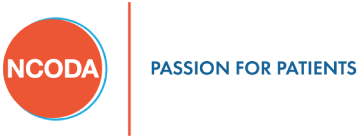Background: This PQI identifies social determinants of health (SDOH) as they relate to cancer patients and incorporates strategies to address patients’ social needs.
Description: Social determinants of health (SDOH) are the conditions in the environment where people are born, live, learn, work, play, worship, and age which have an impact on various healthcare matters. Economic stability; education; health and health care; neighborhood and built environment; and social and community context are the five domains of SDOH1. The domains are interconnected, as patients with low economic stability (LES) may reside in environments with high air pollutants, food deserts and unsuitable housing. Patients with LES have increased odds of lacking health insurance, formal education and transportation to appointments which can exacerbate oncology outcomes from adherence or health literacy issues2. Having a lack of access to education and/or receiving a poor quality of education may prevent cancer patients from achieving optimal health outcomes due to potential adherence issues secondary to a lack of understanding of their care plan.
To promote more equitable care for cancer patients, it is pivotal to understand different aspects of SDOH so that healthcare workers are better equipped to facilitate quality care. In a cross-sectional survey of 165 physicians in oncology and hematology, 93% agreed that SDOH had a significant impact on their patient’s health outcomes. Additionally, 81% of physicians indicated that they and their staff had limited time to spend assisting patients with social needs and 76% reported that assistance programs (to help patients with social needs) were not readily accessible3. This PQI provides a social need screening assessment kit derived from the Health Leads Social Needs Screening Toolkit to assist all healthcare workers identify social needs for cancer patients and provide recommendations to address those needs.4
PQI Process:4,5,6 Table 1 below lists key questions for nurses/medical assistance to ask patients during the pre-screening stage of their appointment, in order to identify social needs and provides recommendations/resources to address those needs during their care with the clinician. Refer patients to social work, counseling services, case management, and patient navigation as appropriate.
No
No
No
No
No
No
Not applicable
No
Several days
More than half the days
Nearly every day
B. Feeling down, depressed, or hopeless?
Several days
More than half the days
Nearly every day
No
No
No
- Social Determinants of Health - Healthy People 2030 | health.gov [Internet]. Health.gov. 2022 [cited 2022 Jul 1]. Available from: https://health.gov/healthypeople/priority-areas/social-determinants-health
- Williams PA, Zaidi SK, Sengupta R. AACR Cancer Disparities Progress Report 2022. Cancer Epidemiol Biomarkers Prev. 2022 Jul 1;31(7):1249-1250.
- Zettler ME, Feinberg BA, Jeune-Smith Y, Gajra A. Impact of social determinants of health on cancer care: a survey of community oncologists. BMJ Open. 2021 Oct 6;11(10):e049259.
- Health Leads. Social Needs Screen Toolkit 2017. Available at: https://healthleadsusa.org/resources/the-health-leads-screening-toolkit/. Accessed July 8, 2022.
- NCCN Clinical Practice Guidelines in Oncology (NCCN Guidelines®) for Distress Management V.2.2022
- Kroenke, K., Spitzer, R. L., & Williams, J. B. (2003). The Patient Health Questionnaire-2: validity of a two-item depression screener. Medical Care, 41(11), 1284-1292.








